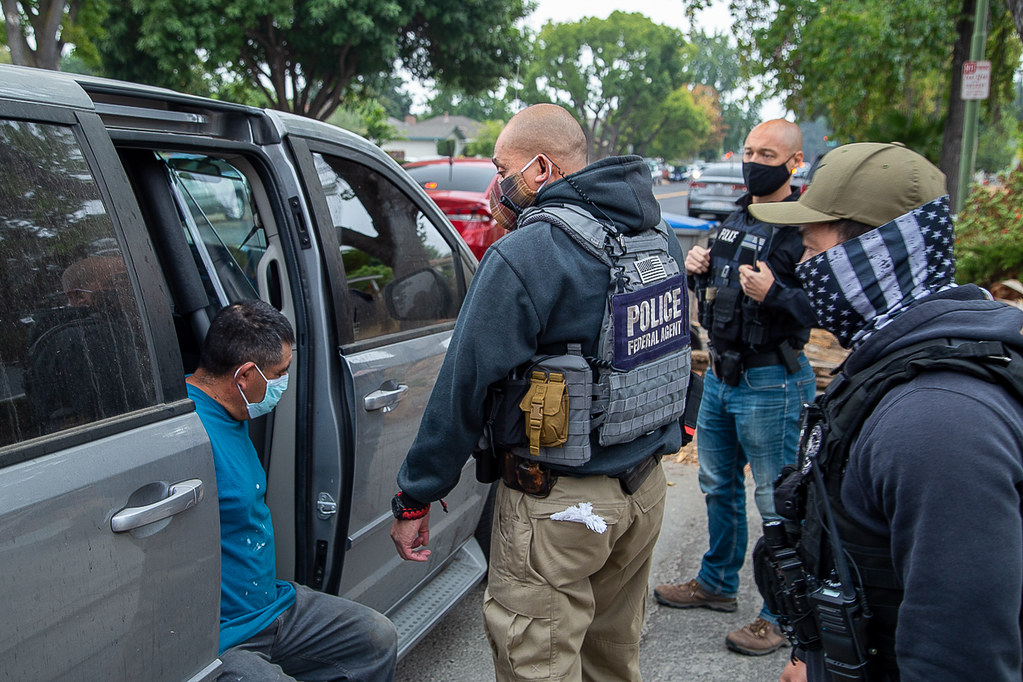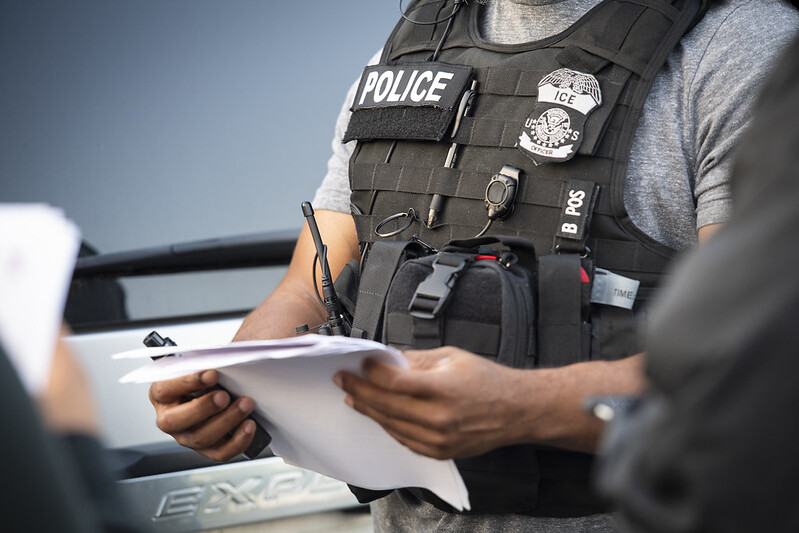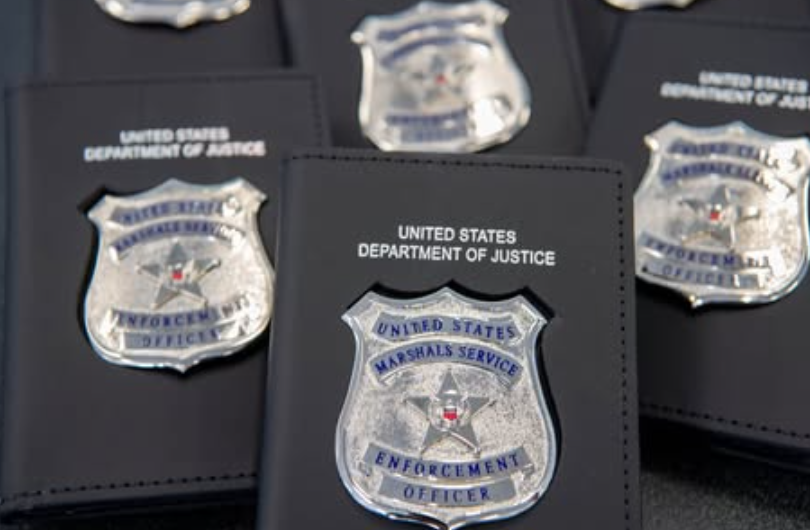
Assuredly the Occupy Wall Street folks would find President Nixon’s grand jury testimony of interest.
In newly released documents of President Richard Nixon’s 1974 grand jury testimony, the president admitted to giving precedence to wealthy campaign contributors when assigning foreign ambassador posts.
The president maintained that such assignations were not “commitments” made for contributions. Rather, the president reasoned that big contributors, who are generally wealthy, have justified their qualifications by the mere fact of their wealth.
“Certainly, no sale of ambassadorship should be made,” he told investigators, “but, on the other hand, the fact that an individual has proved himself on the American scene, has proved himself by legitimately building a great fortune, rather than being a disqualifier should be a factor that can be considered and should be considered in determining whether he should get a position.”
Much of the questioning surrounded whether or not an explicit agreement of a “commitment” had been made between among Nixon and his advisors, trading ambassadorships for campaign contributions.
Nixon later stated that he gave “top consideration to major financial contributors mainly for the reason that big contributors in many instances make better ambassadors, particularly where American economic interests are involved.” Still, at times it seems hard to draw the line of distinction.
Regarding another appointed ambassador, Nixon stated, “Pearl Mesta wasn’t sent to Luxembourg because she had big bosoms. Pearl Mesta went to Luxembourg because she made a good contribution.”
In Nixon’s opening statements to the grand jury he expressed the “vital necessity of confidentiality in presidential communications,” saying that information he may reveal to the grand jury, if circulated in the press and among the American public, could hurt American interests.
He cited reports then in newspapers of past presidents okaying assassinations, saying such disclosures, though probably untrue, were not in the public interest. “This is the reason why I have resisted in the courts … attempts to impinge upon the privileged status of such conversations,” he said. Only with absolute guarantee of no disclosure, Nixon told investigators in his opening remarks, “I will reveal for the first time information … which, if it is made public, will be terribly damaging to the United States.”
Visit msnbc.com for breaking news, world news, and news about the economy




